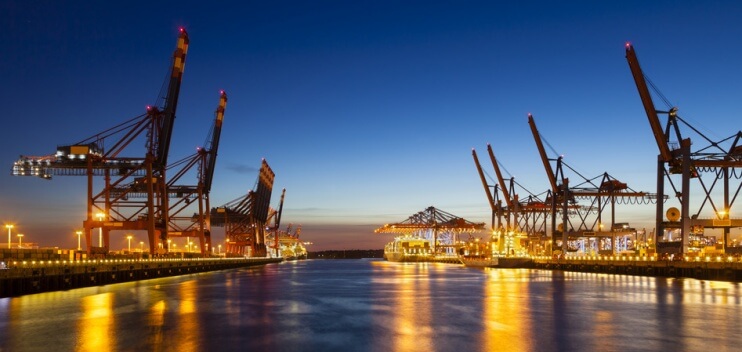Welcome to the 2020s As yet, this is a decade without a name, but ‘the decade of living dangerously’ could be an apt title, especially for supply chain professionals. This is because four factors are likely to influence supply chain investment proposals and decisions: climate change; geopolitics; international trade flows and supply chain technologies. They interrelate and therefore provide complex … Read More
Change in your supply chains is for your business
Products and sales outlets differ; so do warehouses and storage areas in their design, organisation, processes and use of technologies. How Logisticians respond to changes in markets, business practices and the environment will also differ. Sales channels and outbound supply chains Sales channels are the outlets through which goods and any associated services are sold. Logistics designs the outbound supply … Read More
Agree on your supply chains before writing the strategy
A new report A whitepaper was recently published by the Global Supply Chain Institute at the University of Tennessee concerning relations between management and staff in supply chains. While this whitepaper was written for American readers, it contains some useful ideas for supply chain professionals. The whitepaper is based on interviews with 19 ‘benchmark’ companies. This is a low number … Read More
Effect of trade decisions on supply chain inventories
International trade is slowing International trade is said to be the blood flow of the global economy. For some time, the blood flow has been slowing, which affects supply chains and the dependent logistics services. And the situation can change in a matter of months. At the end of 2018 importers in the US ‘front-loaded’ their orders, to avoid paying … Read More
Fill the sales funnel for a Logistics Services Provider
Logistics services that are sold Sales of Logistics Services do not just happen. They come about through individuals and teams winning contracts that provide services; those which shippers are not equipped to undertake or are unwilling to provide the investment. Logistics Services address a wide array of offerings available to shippers. The enterprises providing these services are generically called Logistics … Read More





